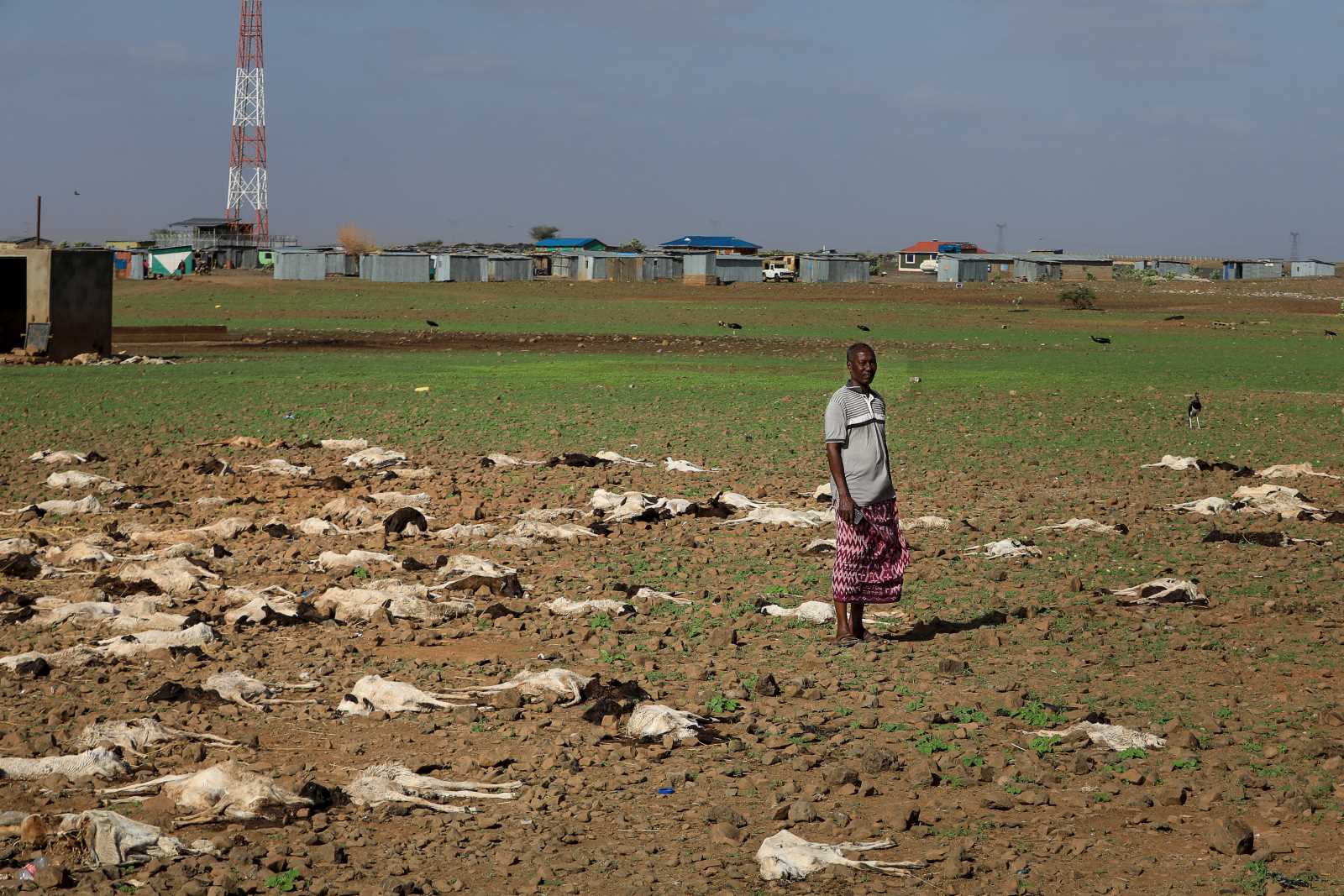Police
Corruption has become the norm

“They will always find some fault so you have to give them a bribe,” the angry Malawian motorist adds.
Phiri is not the only person to complain about the behaviour of police officers – many people in Malawi are unhappy with the police. Some have observed, for instance, that the way police prosecutors handle cases that involve rich people is notably different from the way they handle cases involving poor people.
“Most people who rot in police cells are poor,” says H. Mwafulirwa, an ex-convict who is now out of jail. “The rich are given bail. If you have money, you can bribe corrupt officers and get away with any crime.”
Police officers are not happy to hear such allegations, but they admit that the system has “some corrupt individuals” who are tarnishing the image of the police. The public no longer trusts the police, however, and many Malawians think that the army would be more capable of protecting the people. When Paul Kanyama was appointed to be inspector general of the police in November last year, he announced that he would root out corruption in the system. “To all criminals: let me warn you that your days are now numbered,” he declared. He also warned his colleagues in uniform that he would deal with anyone involved in criminal acts.
But Kanyama was barely in office for a month, when the country witnessed a wave of robberies, especially in the cities and towns, and it turned out that police officers had supported the criminals. Instead of enforcing the law, some are known to connive with criminals and even give them guns, which they use to terrorise people. Criminals bribe officers, and in some cases officers cooperate with criminals to rob people’s homes.
Knowing that some policemen are taking part in crime, the inspector general assured the public that his office will deal with “bad apples”. Kanyama, who suddenly resigned from his post on 6 February 2015 citing health grounds, knew that the task ahead of him was daunting.
His was not the first attempt to tackle police corruption. There have been warnings in the previous governments, but the problem seems to be never ending.
In fact, corruption is becoming a norm in Malawi. For instance, it is quite normal to bribe the government officer in question if you need to get certain services: in order to get a new passport or a driver’s licence for example.
Raphael Mweninguwe is a freelance journalist based in Malawi.
raphael.mweninguwe@hotmail.com













